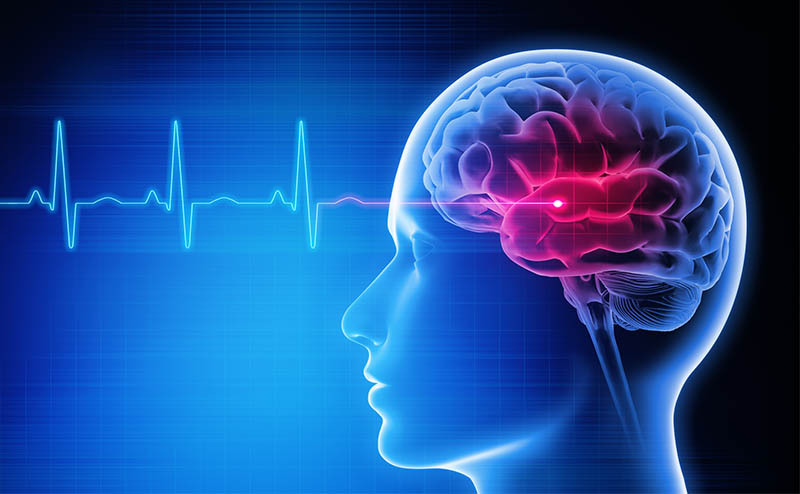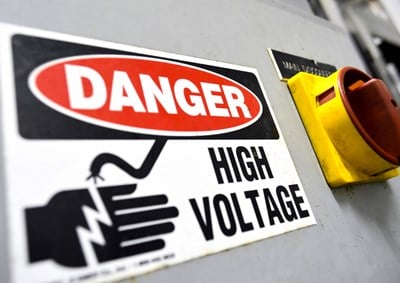Stroke is a life-threatening condition that constitutes a medical emergency. In the United States, about 795,000 people suffer a stroke each year. Stroke occurs when blood flow to the brain is interrupted by a clogged or burst artery. The interruption deprives the brain of blood and oxygen, and causes brain cells to die. Seek emergency care immediately if a stroke is suspected.
Stroke symptoms include:
- Sudden numbness, weakness or paralysis and drooping of the face, arm or leg, especially on one side of the body.
- Suddenly blurred or decreased vision in one or both eyes.
- Slurred speech, difficulty speaking or inability to understand or be understood.
- Loss of balance or coordination.
Some people may have additional, nontraditional (sometimes non-neurological) symptoms, including severe headache, especially if the onset is abrupt or if accompanied by other symptoms (such as a change in consciousness), in which case a brain hemorrhage may be a cause for concern.
Stroke symptoms that last for only a few minutes and then subside may indicate a “mini-stroke,” or a transient ischemic attack (TIA). TIAs are serious medical events and require treatment; they are also a warning sign that a more dangerous stroke may occur in the future.
It is important to know that stroke often goes unrecognized; people often wait to see if their symptoms improve and unknowingly put themselves in greater danger. However, because stroke can incapacitate or kill within minutes, doctors recommend treating a suspected stroke as a medical emergency and seeking immediate medical care.
If stroke is suspected, it should be communicated directly immediately. Call 911 and tell the dispatcher or the triage nurse or doctor, “I think this is a stroke.”
 American College of Emergency Physicians
American College of Emergency Physicians







